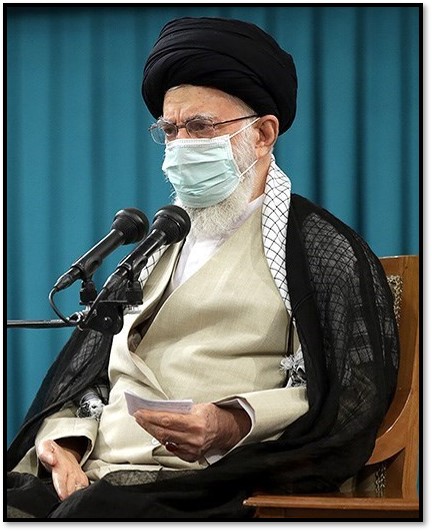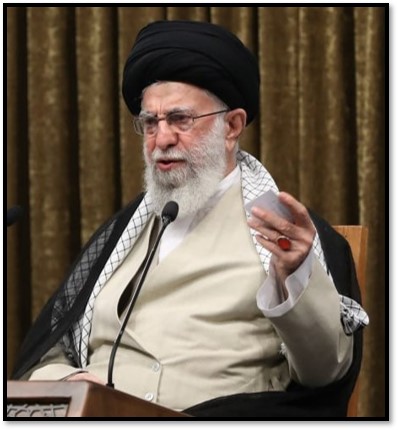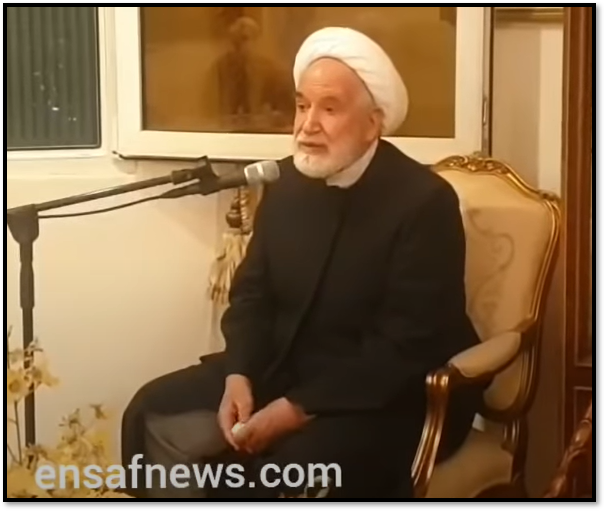Khamenei Condemns Arab Ties with Israel

On October 24, Supreme Leader Ayatollah Ali Khamenei denounced countries that had established diplomatic ties with Israel.

On October 24, Supreme Leader Ayatollah Ali Khamenei denounced countries that had established diplomatic ties with Israel.
Eighteen months after the COVID-19 outbreak, Iranians were significantly more concerned about the government’s response to the pandemic. Some 42 percent of Iranians, up from 25 percent a year earlier, said that Iran’s response has been less effective than the actions by similar countries, according to a new poll by the Center for International and Security Studies at Maryland (CISSM) and IranPoll.com.
Trade: Adani Ports, the largest port operator in India, announced that it would cease - as of November 15 - to handle cargo from Iran, Pakistan, and Afghanistan. It did not provide a reason, but the announcement followed a seizure of heroin from Afghanistan worth some $2.65 billion at a port run by Adani Ports.
Politics: In his first public speech after 10 years under house arrest, opposition leader Mehdi Karroubi urged major reforms to eliminate the “flaws and shortcomings” in the Islamic Republic. Karroubi, a former speaker of parliament who ran for the presidency in 2009, was allowed to give a brief speech to a small group of reformists in an unusual break from his isolation by the government.
 In a wide-ranging speech, Supreme Leader Ayatollah Ali Khamenei condemned the United States for interfering in its neighboring regions, notably Afghanistan.
In a wide-ranging speech, Supreme Leader Ayatollah Ali Khamenei condemned the United States for interfering in its neighboring regions, notably Afghanistan.

In his first public speech after 10 years under house arrest, opposition leader Mehdi Karroubi urged major reforms to eliminate the “flaws and shortcomings” in the Islamic Republic.
Reza H. Akbari is a MENA Program Manager at the Institute for War and Peace Reporting and a doctoral student at American University, where he focuses on the history of the modern Middle East. Follow him on Twitter @rezahakbari.
On September 27, Israeli Prime Minister Naftali Bennett accused Iran of destabilizing the Middle East and working towards a nuclear weapon. “Iran's nuclear program has hit a watershed moment, and so has our tolerance. Words do not stop centrifuges from spinning,” he warned in his debut address to the U.N. General Assembly. “Israel will not allow Iran to acquire a nuclear weapon.”
In the early days of his presidency, Ebrahim Raisi’s top priority was fighting Iran’s fifth and deadliest wave of COVID-19. More than 38,000 new cases and 400 deaths were reported on August 5, the day that he took office. Three days later, Raisi set an example by publicly receiving his first dose of the CovIran Barekat vaccine, the first domestic vaccine.